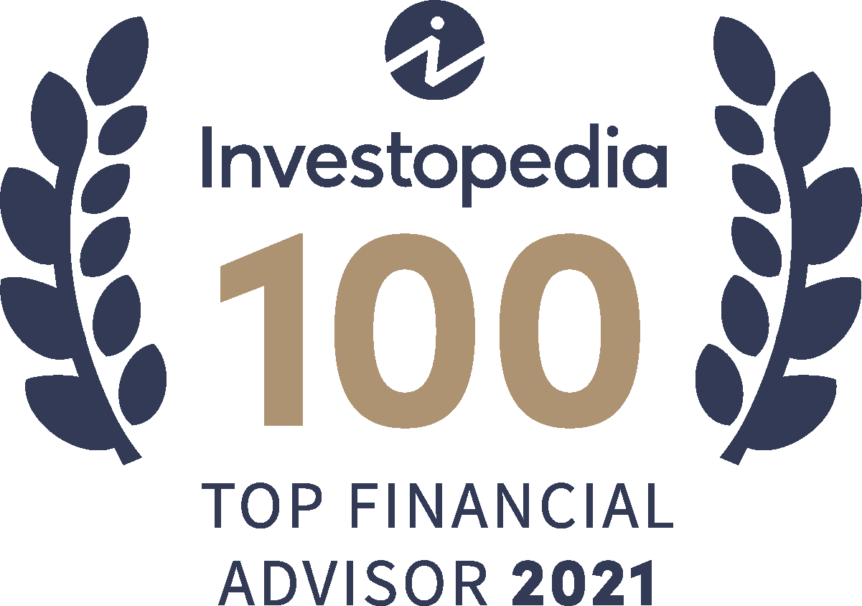It’s not uncommon to see an advertisement for “guaranteed passive income”; whether it’s the harmonica playing insurance agent, a real estate mogul, an accredited investor Regulation D offering on Facebook, or just your bank touting some FDIC secured CDs, there is no end to the promises of others to give you guaranteed passive income. Yet, as the old adage goes, …
Tax Traps and How to Avoid Them
The old adage goes that there’s “no free lunch” when it comes to life. Put more clearly in context, only two things are sure in life: “Death and Taxes.” One of the key roles a financial planner plays in their client’s lives is that of “tax eliminator.” This differs from tax evaders (criminally not paying taxes that are due), but …
The Relationships Between Planning & Wealth
As you know, we were on hiatus for two weeks earlier this month, as I was in Manhattan, Kansas, at Kansas State University (which, for those who don’t know, is Harvard for Financial Planners). It seems only fair that with the interruption to your regularly scheduled educational content, that I should share some of the research we did while we …
The Millionaire Formula
Nothing quite captures the attention of the American public like being wealthy. Whether it’s celebrating or decrying billionaires for traveling to space, observing major gaps in wealth between various members of the population, and otherwise simply hanging on every word (or tweet) of the ultra-successful, nothing seems to capture our attention like people with money. Yet, research over the decades …
Bootstrapping a Business
Surprisingly, starting up a business is a common occurrence during economic recessions. As many people are laid off or their companies fail during an economic downturn, it’s not uncommon that some people say “now is the time to start a business.” This is a phenomenon that was somewhat absent during the recession in the late 2000s, largely driven by the …
Banks are not your Friend
I have a love-hate relationship with banks in general. While Banks have a long and questionable history, it is unquestionable that they’re a cornerstone institution in our society. That role isn’t only held by “bank banks”, but also by credit unions and assorted depositories of various types. Ultimately when I say bank going forward, you can assume we’re talking about …
The Home Equity Credit Desert
Inflation and home prices have made the news in spades this year. In Longmont, CO, over a dozen homes have sold for well over $100,000 in asking price, and that was after the list price for properties had increased by double-digit percentages since January. In other news, inflation continues to rear its head, with the CPI this month reflecting a …
Preserving Wealth for the Benefit of Others
In the United States, we have a number of financial safety nets. Social Security, originally known as “old age, survivors, and disability income”, assorted forms of unemployment insurance, and various programs such as SNAP and WIC for supplemental nutritional support. While these can be hotly debated and contested, today we’re going to set aside the politics and talk about the …
What We’ve Been Up To
Well, the cat’s out of the bag. Yesterday, Investopedia announced its Top 100 Financial Advisors of 2021, and we were ecstatic to learn that Daniel Yerger was one of the award recipients and the only one representing Colorado. Notably, the Top 100 from Investopedia is different from many awards in the financial industry. It’s not uncommon to see lists of …
Beats Me – In Defense of Humility
“The more I learn, the more I realize how much I don’t know.” -Albert Einstein As most of you would probably agree, being an expert in what you do is an odd experience. Whether you’re a teacher being told by random people on the internet about how and what to teach, or a doctor being shouted at by multi-level marketing …










